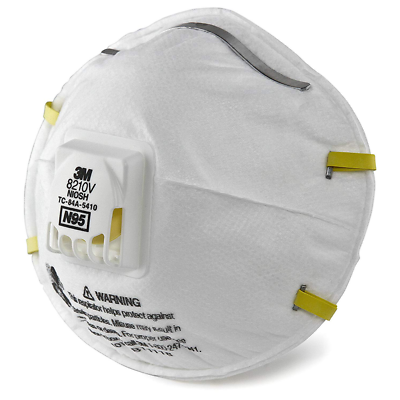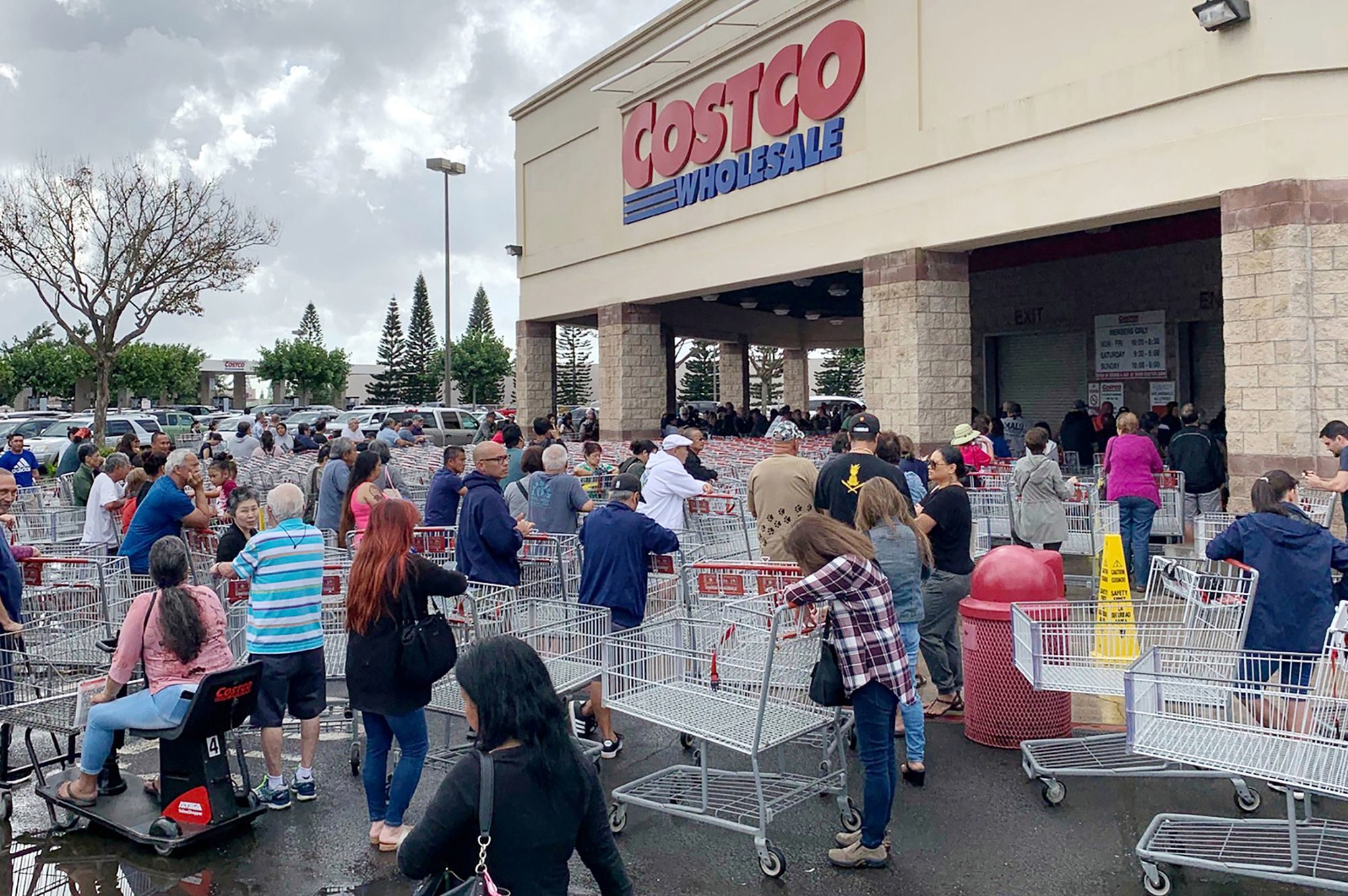
I am going to talk about prepping in part through a series of rules or guidelines that have informed my prepping. In my last post I introduced my number one rule (“Be the gray man”) because…hey, it’s the number one rule.
And now I’ll skip to one of the last rules on my list, because I think it is timely:
Rule 22. Don’t ignore experts, or follow them
Covid-19 is a complex foe. Though we are learning about it faster than maybe any other pathogen in history (think of the terrifying darkness that, for instance, surrounded the 1918-1919 Spanish flu) I suspect that what we know now is only the slightest portion of what we will know in only a few months.
There are a lot of questions, and many of them can only be answered by folks with dense technical expertise in virology, medicine, epidemiology, public health, hospital administration, etc.
At the same time it is already clear that the experts of the moment are not infallible.
Take masks as a case in point. We are told not to buy masks because they cannot protect the general public and health care workers desperately need them for protection.
It should be self-evident that in some sense both of these claims cannot simultaneously be true. If they aren’t potentially protective then why do health care workers need them?
Now there are some complexities to proper mask usage. You need a fairly tight fit, no breaches in the seal (it’s time to shave your beard of Zeus), etc. But even health care workers fail these standards routinely (I have seen plenty of footage in the last few days of health care workers with clearly ill-fitting masks on, facial hair, etc.).
And you certainly could infect yourself by improperly handling a mask that has Covid-19 on its exterior.
But couldn’t these issues be resolved with a simple public information campaign?
It’s also true that an N95 mask won’t stop all virus particles. But this seems like a silly framing of the issue: even military grade full face CBRN masks are not an absolute guarantee of protection.
Surely properly used N95 masks must help inhibit some virus contact and thus reduce risk. Again, why would health care workers need them otherwise?
The suggestion that health care workers need these masks instead of us really means that there is a shortage of them in the health care system, at least compared with anticipated need. Now, there is some chutzpah in appeals to a shortage. At a minimum, to the extent that this is true much of our health care system failed to prep adequately. I’ve seen folks on Twitter who work in medical supplies argue that the rest of us just don’t understand that the health care sector runs on a just in time (JIT) supply model. They seem less aware of the implications of that statement for their credibility in lecturing us during an emergency.
I have also been trying to learn more about mask distribution. I have some degree of skepticism that many of the masks ordinary folks have bought really were in practice at the expense of the health care system. Yes, there is a shortage of masks, but many of the masks available to us have already travelled farther down the distribution chain from the bulk purchase level where many health care facilities operate.
Nonetheless, if health care workers face critical shortages of these masks, many will get sick. Some will die. And many others will die because sickened health care workers couldn’t treat them.
The argument that masks can’t help the general public is kind of incredible. And many of those lecturing us about it played a role in bringing us to this sad pass. But nonetheless here we are: a shortage of masks could critically impair our health care response. And that means people will die. Maybe even someone you love.
So where does that leave us? First, this Covid-19 crisis isn’t your last rodeo. Preparation in advance, by ordinary people and health care institutions, could have averted this entirely. That does not help now but is a lesson that should be retained when this all over.
Second, if you’ve got masks keep them. But make them stretch out as long as possible and only use them when it makes sense. And if you can, give any masks you can spare to folks who don’t have them.
And if you have a really large number of them, consider reaching out to your local health care provider to see if they could use some. How many masks can you realistically use yourself? Put differently, if you are putting yourself in situations where you need that many masks then you are probably raising your risk profile. Maybe by a lot.
But perhaps most importantly remember this: experts and authorities aren’t always wrong. But they aren’t exactly always right either. And this isn’t the last time this will be true in this crisis. Think carefully and critically about what you are being told. Cynicism isn’t sophistication, but faith can be misplaced.
